Week Notes 24#12 (4 mins read).
What happened in the week of 2024-03-18?
Week Notes 24#12 (4 mins read).
What happened in the week of 2024-03-18?
Week Notes 24#11 (5 mins read).
What happened in the week of 2024-03-11?
What’s the difference between productivity engineering and platform engineering? How can you continue to re-platform with a moving target? On this episode, we’re joined by Andy Glover, who spent ten years productivity engineering at Netflix, to discuss.
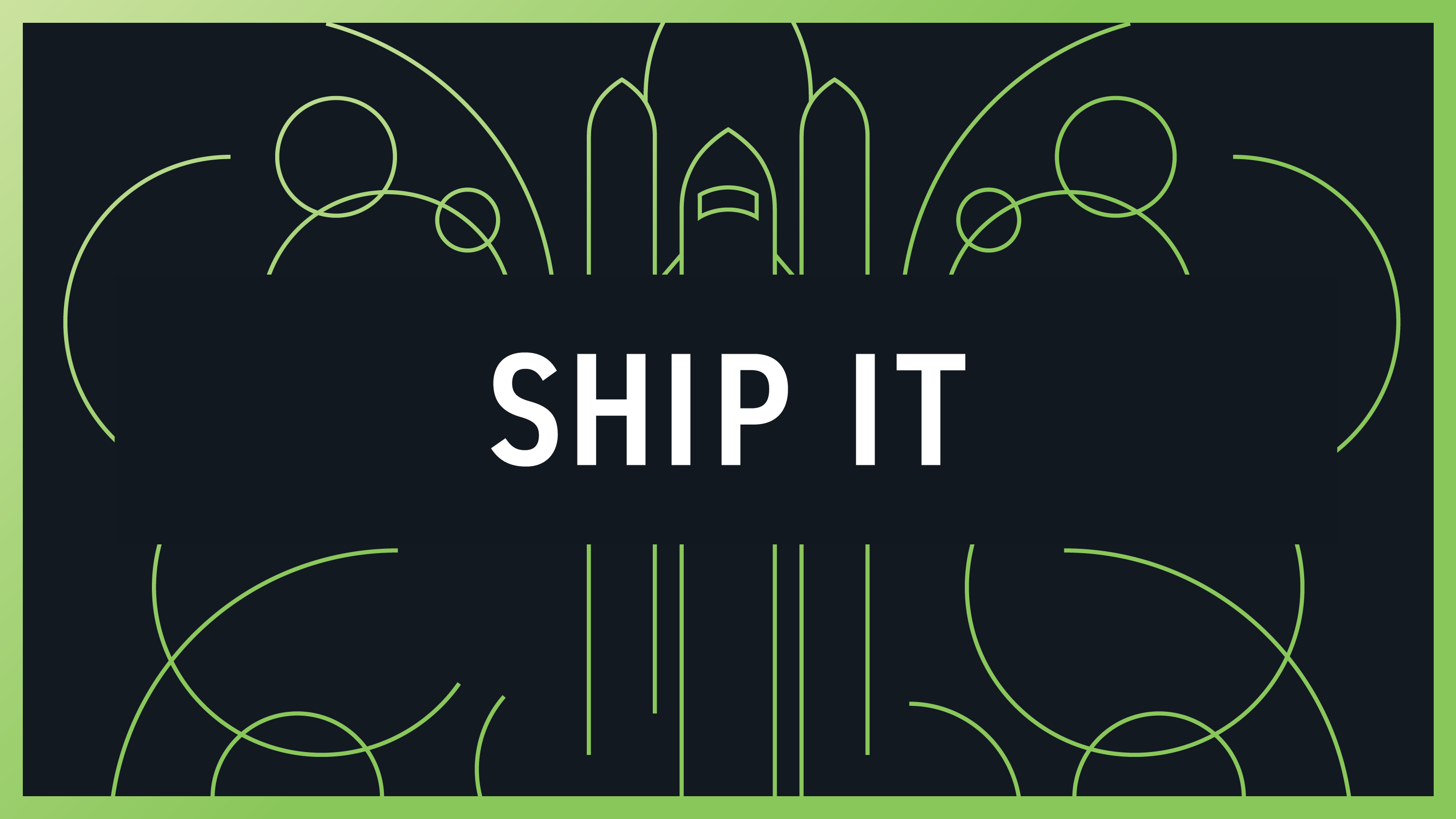
In a riveting episode of the Mechanical Ink podcast, host Schalk Neethling welcomed Matteo Collina, a luminary in the Node.js community whose work has amassed over 22 billion downloads on npm in 2023 for the various open source modules he maintains. This episode was not just a deep dive into the technical intricacies of Node.js but also an enlightening discourse on the security landscape, community engagement, and the future of back-end development with the introduction of Platformatic. Here's a closer look at the discussions that made this episode a must-listen for developers.

Can web designers PLEASE STOP with the thing where the bulk of the website loads first and then things on the top load last so you invariable end up clicking on something you didn't mean to
Today you get Sorentwo for the price of one! We are joined by Shannon & Parker Selbert, both halves of the mom-and-pop software shop behind Oban, the robust job processing library that’s been delivering our emails & processing our audio for years.
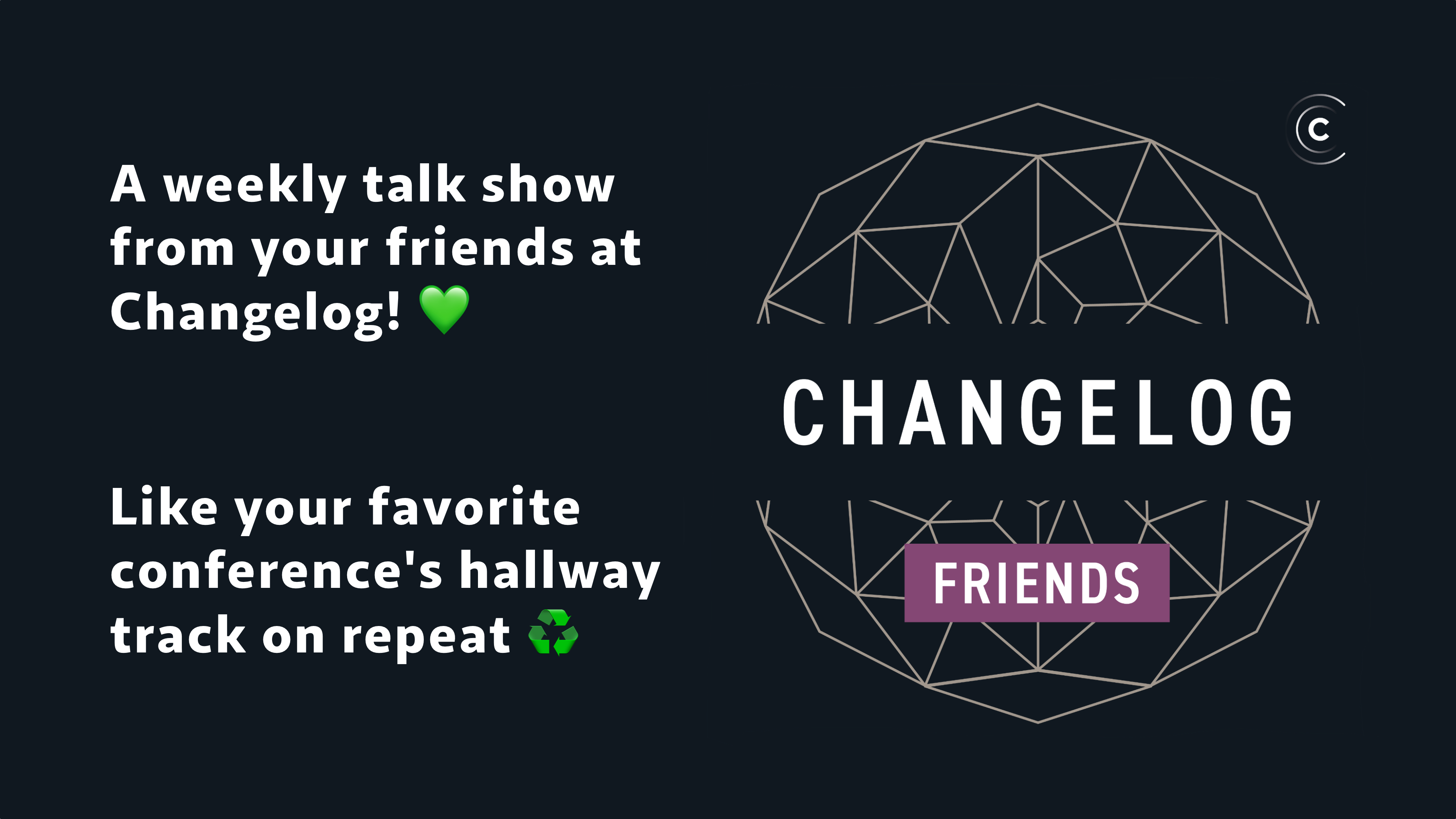
@aral@mastodon.ar.al My little lad had a bad leukaemia when he was 20 months - in 2002. He had care at Great Ormond St - I calculated at the time (I’m an accountant) at somewhere between £250k and £500k, entirely free to us. And he lived. The US families sometimes didn’t fare so well. After they’d drained all insurance & resources their kids often died of something entirely treatable. Folks need to think very hard before voting for either #Tories or #Labour. @nhsactivistrn
Source Available != Open Source That's not an opinion. If it's SSPL, BUSL, etc., it's categorically not "open source" according to the Open Source Definition.
I’ll let you in on a secret: I love sporadically updated weblogs. I subscribe to over 1200 feeds and most of them are sporadic or even technically “inactive”. Months often pass between updates It means that every post published was important to the writer Back in the days of snail mail, letters that began with “It’s been a while since I last wrote to you” were the ones people cherished the most You don’t need to post every day or even every week to have a blog that matters
$1 million budget: 90% test coverage, comprehensive DevOps pipeline, all work rooted in user research, delivery every two weeks, all code in an open repo. $300 million budget: No tests, no CI/CD, no user research, delivery on an annual cadence, code is a secret because it's a trash fire.
Attached: 1 image

🇬🇧 Manchester Go Meetup, April 3Proposals🕛 Declined: time: add "1136214245" as layout string for unix timestamp💪 Active: promote windows/arm64 to first class portGo Blog: More powerful Go execution tracesDesign document: Execution tracer overhaulNeovim plugin for gopls documentation linksOn...

Kyle Quest joins the show to tell Autumn & Justin all about the evolution of DockerSlim & minimal container images. Why are small container images important? What are different strategies to make containers smaller? Let’s find out!

Remember folks. When VC is funding Corporation that releases a Open Source project its only a matter of time until they take it back. Their goal is to get their product embedded into your organization and abuse you for free work in the hopes they can eventually sell their corporation and cash out. Its always good for them, and rarely good for you.
Attached: 1 image @msw@mstdn.social Urgh what a miserable diff

If you're using Glassdoor, stop right now and delete your account. This company just made it completely clear it can't be trusted. Read this from @arstechnica https://arstechnica.com/tech-policy/2024/03/glassdoor-adding-users-real-names-job-info-to-profiles-without-consent/
It’s Long COVID Awareness Day. An estimated 65 million people suffer from it globally. Remember that the risk of long-term health issues in multiple organs increases after each infection, even if your …
This week on The Business of Open Source I talked to Heather Meeker, General Partner of OSS Capital and author of From Project to Profit, How to Build a Business around your Open Source Project. We talked about some things that I entirely agree with, and then there were some points I challenged...

Very excited to be speaking at the @TheLeadDev webinar Does your org need platform engineering? in a few weeks! Hope to share some of my experiences with #PlatformEngineering and #DeveloperExperience
I will be attending
I will be attending
Attached: 1 image Ok I’m doin the thread I said I wanted to do last week. (feel free to mute unless you enjoy a little second-hand drama as a Monday morning treat) Attn #devrel people! Are you job hunting? Does this pic of search results look familiar? Have you ever seen a bunch of job postings like this from Canonical and thought “gee I should apply to one of these”? I’m here to tell you: IT’S A TRAP! 🧵

Hot take: if I can say "they just tested positive" and you don't have to ask "for what?" then the pandemic isn't over.
Attached: 1 image
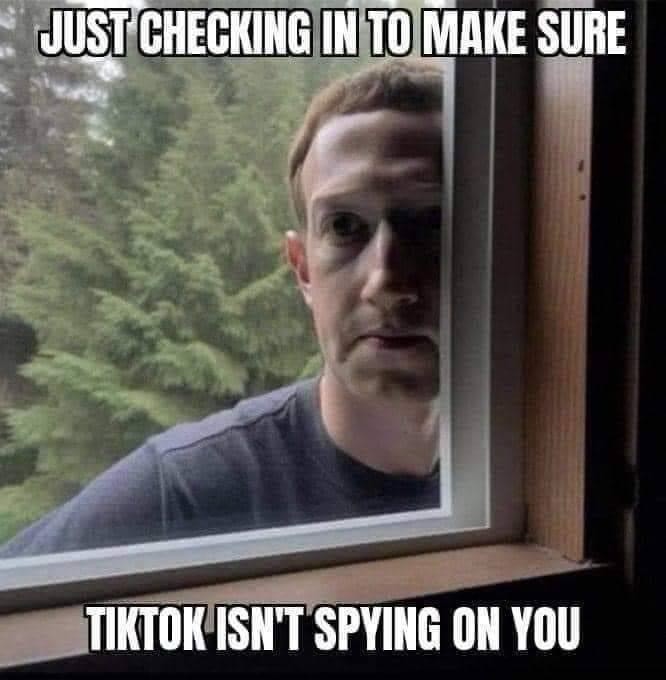
Attached: 1 image Putting framed quotes meant for the kitchen in the bathroom.

I may be attending
I’ve been through close to a dozen reorgs. This article contains the advice I wish I’d been given earlier in my career when I didn’t yet have that experience. Reorgs are disruptive, and nobody really tells you what to do in the wake of one. It’s easy to feel adrift, scared for your future, and uncertain about how to behave. Some of that fear is warranted: your job security probably goes down in the months following a reorg. But confusion and chaos aren’t necessarily signs that the reorg will go poorly, and there are things you can do to help give you and your team a better chance of emerging successfully.
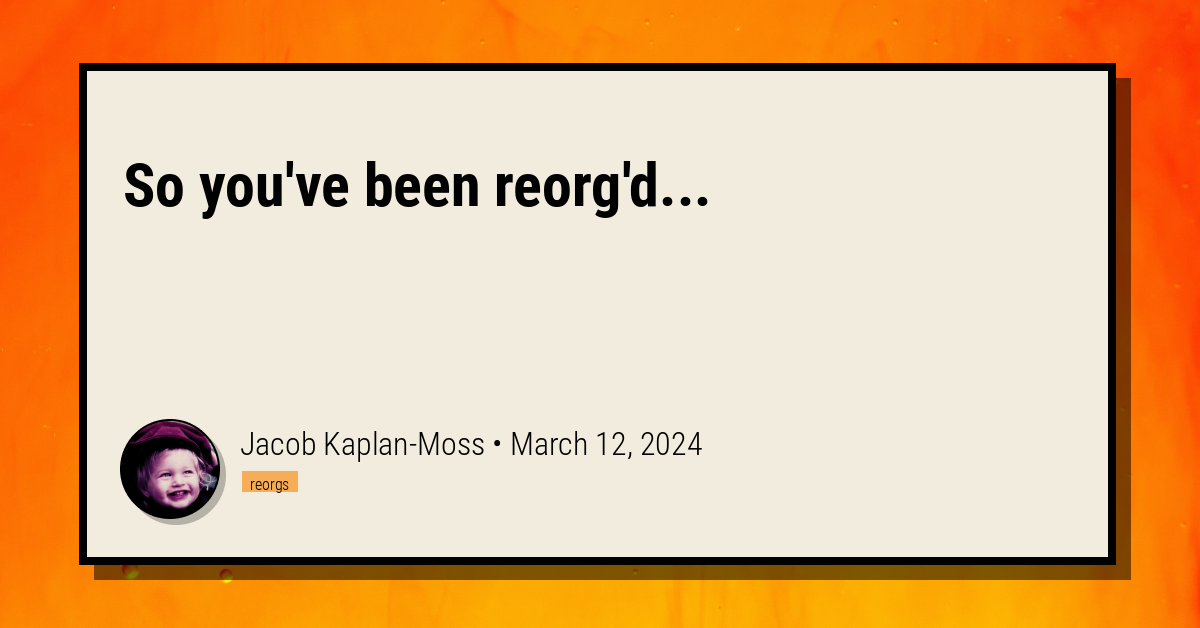
No #WeekNotes tonight as I'm celebrating my 30th birthday in Rome 🎂🥂🍝🍷
If you wanted to do something nice to honour it, you could support my work on the Open Source projects I maintain as well as the content on my blog. But I'd also love to see y'all pay it forward to other creators or maintainers for the stuff you use, and work with your companies to pay to support the Open Source you so heavily rely on!
I'll be posting my Week Notes some time next week, when I get to relive the lovely ~10 days we've been having 🥰
Radical salary transparency FTW? https://youtu.be/Bzmu5bcR3HQ?si=xcfkyVopAxahSMdh via @changelog@changelog.social @www.jvt.me@www.jvt.me
@JamieTanna talks about his decision to share his salary publicly on the "Changelog & Friends" podcast. Full audio 👉 https://changelog.com/friends/31Subscri...

Please don't call it FOMO: please call it ODARA (Organizers Didn't Allow Remote Attendance).
Who called it “intellectual property problems around the acquisition of training data for Large Language Models” and not Grand Theft ̶A̶u̶t̶o̶c̶o̶r̶r̶e̶c̶t̶ Autocomplete?
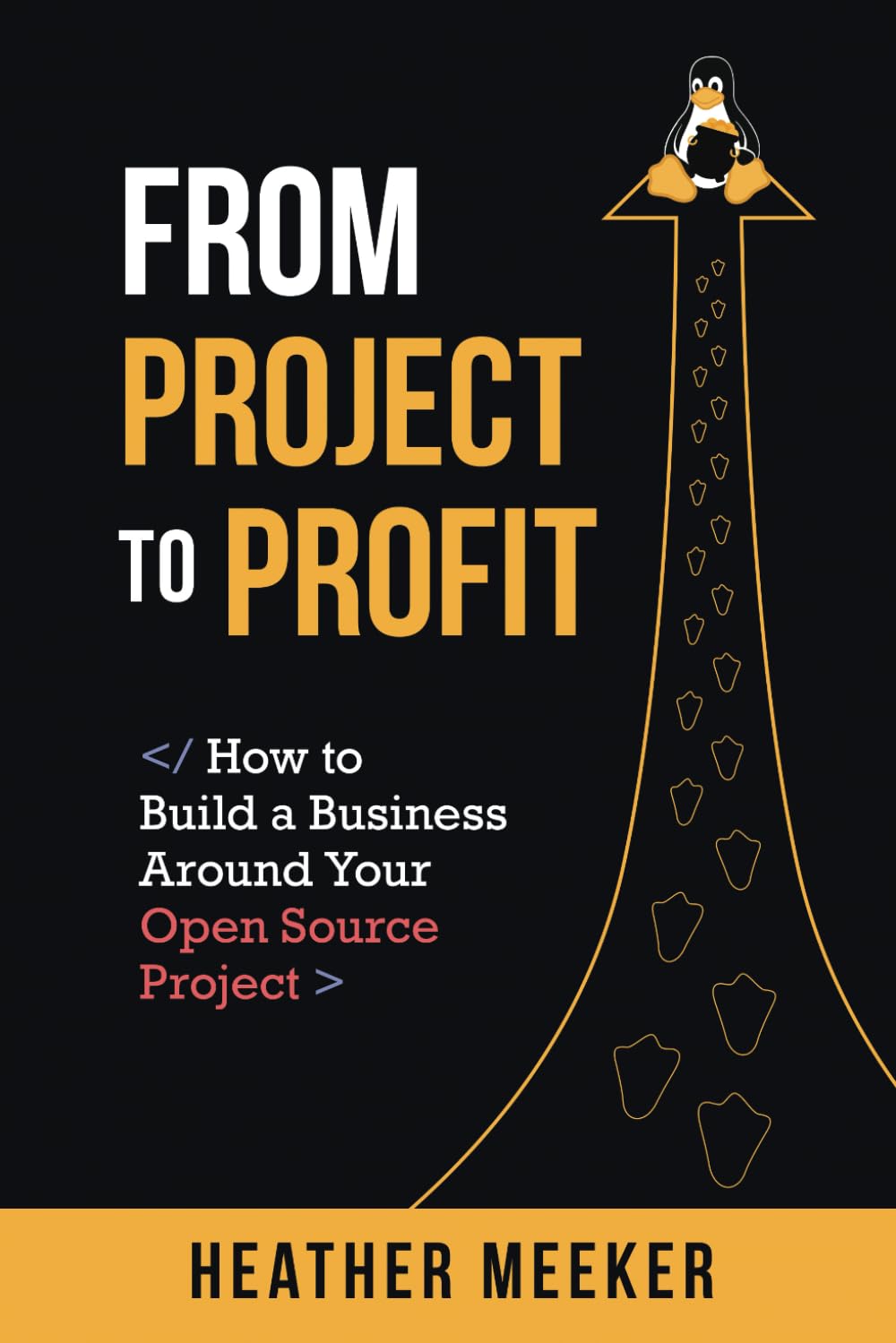 (isbn:9798862647921)
(isbn:9798862647921)I will be attending
Y’all realize everyone in Helpdesk at your job can just import your browser cookies into their machine remotely and browse your Facebook at their leisure, right? Like, you understand what Administrator means? It means unquestioned god from anywhere. It’s not your machine IT’S THEIRS. All you do, all your access, it’s stored to be stolen. Anything hackers can do to ruin your life, IT can do better.
"Hopefully I will be less busy starting next week" will be written on my tombstone
They’re children. And their government is keeping them from doctors who practice a type of medicine that cures suicidal ideation at near miracle rates. If those kids do find relief, it'll be via their parents paying exorbitant out of pocket costs or by covertly ordering those drugs online with cryptocurrencies from sketchy overseas labs. Please don't play the Harry Potter video games and it defend it by saying they brought *you* childhood joy. https://www.thepinknews.com/2024/03/12/trans-puberty-blockers-nhs-england-prescribe-gender-affirming-healthcare/
“But AI is cheap!” It’s not, it has horrendous hardware, server housing and water and power requirements; it’s just that VCs are financing it now so you get in on the hype and later they will charge you rent and it will cost you way more—with inferior results—than, you know, hiring the writers and artists it’s stealing from, but those will be gone by then.
girl are you the ipv4 address space because you seem completely exhausted
Descriptions of autistic folks as having "trouble in social situations" but all my autistic friends get along great with each other in their social situations. This reads like all the "introverted people just need to learn small talk" instead of having articles where "extroverted people just need to learn to be quiet". Most of my friend AND professional colleague groups are filled with neurospicy folks. And we seem to get along just fine thank you very much. Anyhow. I imagine this isn't new to many folks here in the fediverse... Don't mind me. Just falling into a new research dive. - This research dive feels very meta, by the way.
Attached: 1 image This quote is a lot more threatening than they probably intended

Week Notes 24#10 (3 mins read).
What happened in the week of 2024-03-04?
Listen to Tumblr and WordPress to Sell Users’ Data to Train AI Tools from The 404 Media Podcast. Tumblr and WordPress are set to sell posts to OpenAI and Midjourney. And cops are wearing body cameras in libraries. In this episode, Jason, Sam, and Emanuel try to explain what it means for OpenAI and Midjourney to scrape Tumblr's posts, broader chaos at the company, and whether AI is going to run out of things to ingest. Then we talk about the war on libraries, which is taking place all over the country.

Ryan Barrett talks about protocols for the social web, and how to make them talk to each other.

Attached: 1 image

A corporation is a family in the same way a hostage situation is a family.
In this episode, Asim Razzaq defines what is toxic heroism in the field of software engineering. Many engineers do not see this trait, and for Asim, it is important that he shows how this trait manifests and how it could affect the performance and output of a company on a long-term basis. [01:37] Problem of Hero Hailing Engineers [02:50] Why it gets Toxic [03:17] Asim’s Experience [07:18] Solution Going Against Morale While it is important to credit engineers for all the daily tasks and solutions they provide for companies, it is still important to check in on them and see if these little success stories aren’t going to their head. When someone is afflicted by a “toxic hero” state of mind, they’d often take shortcuts or rely on small and temporary wins, these achievements are materialized externally to a point that how they think is always right. This, in return, creates a bad environment for colleagues who may be discouraged to work as a team or craft new ideas to solutions, which may not be aligned with the aforementioned “hero's” point of view. Taking a Step Back When you feel like these wins are getting to your head or if you notice that your colleagues are no longer contributing ideas to your group huddles, then it is definitely time to take a self-evaluation on whether or not you are creating a toxic hero environment for your workplace. The sooner you identify these signs, the better it is to help reconnect with your team. Got questions or suggestions for future episodes? Just visit www.alwaysanengineer.org

Autumn and Justin are joined by Chris Swan to discuss tech industry trends like AI and sustainability, gamifying the software development process and motivating devs to write more secure code, OpenSSF Scorecards and how they offer a way to measure and improve the security and compliance of GitHub repos, the scoring sys...

If you see the AGPL licenses on my free and open source work and you think “damn you, I can’t use this to enrich myself or my corporation without sharing back what I’ve built on top of what you’ve freely shared and thus contribute to cultivating a healthy commons where others might enjoy the same benefits from my work that I want to obtain from yours” (a) you really have long-winded thoughts and (b) well, you already see the flaw in your reasoning. #foss #licenses #freedom #copyleft #gpl
Adam is joined by Robert Ross, Founder and CEO of FireHydrant — they discuss Bourbon, sniffing arms, better software, leading a successful startup, scaling teams, building vs acquiring, and Adam even gets Robert to commit to watching Silicon Valley!!
